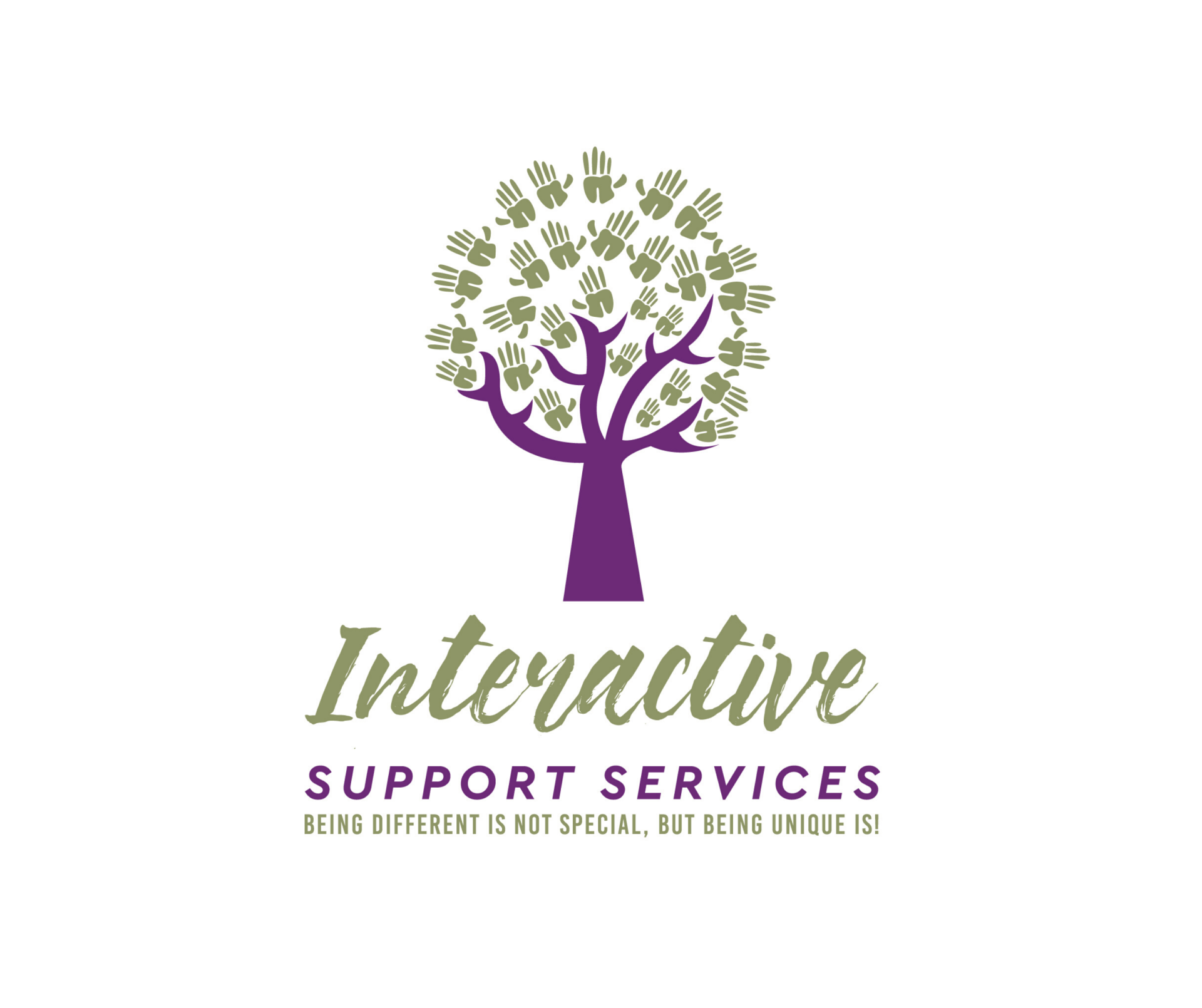Resources
Support Information

In late March the NDIA announced that all participants can now use core funds to access support coordination. This means that anyone with an NDIS plan and a bit of funding in core can access support coordination – even if they didn’t have it in their plan before. This blog will go through what a support coordinator does, the levels of funding available, and what to look for in a support coordinator.

How do I know if I can get one? Like anything with the NDIS, it comes down to what’s reasonable and necessary. The smart device is necessary if: You need it to access disability support. You don’t already have a device. Do you have a laptop, smartphone or tablet at home that you can access? If so, you probably won’t be eligible. It’s the ‘lowest specification’ necessary to get the job done. This means that it’s not the newest model, but good enough for you to access your supports. The smart device is reasonable if: It costs less than $600 There are a few exceptions to this rule. Maybe the device needs to have a feature that is not available on a standard tablet, or maybe your disability prevents you from using a standard tablet and you need something more specialised. Do I need to use existing funds? Yes, you will need to have the funding already in your plan to take advantage of this change. The NDIA are not increasing plans to cover the cost of these devices. It’s also worth noting that they won’t do a review if all you’re looking for is a smart device. What funding categories can I use? The NDIA have been quite flexible with how you can purchase a smart device. You can use your core budget, or your consumables budget. If you don’t have enough funding in either of those you can use your capacity building funds. There has been a handy new line item in the latest NDIS Price Guide to cover this: COVID-19 Low Cost AT to support Capacity Building support delivery 15_222400911_0124_1_3 It’s been done like this so you can be a bit flexible with your budget. What is the process to get one? You need a letter from a provider, confirming that the device is necessary. With this letter, you can either upload it to the portal or email it straight to the NDIS. Their address is enquiries@ndis.gov.au and the subject line should be ‘Low cost AT flexibility evidence’. You will need to purchase it. The process to get a smart device is the same process to get consumables – and it all comes down to how your plan is being managed. If you’re plan managed or self managed you can buy from any provider. If you’re plan is agency managed you will need to buy through a registered provider. If you have a Support Coordinator you might be able to buy one through them, otherwise a few of the big electronics retailers are registered NDIS providers. Is this a permanent change? No, this is just temporary to help get us all through the pandemic. This rule will no longer apply after September 2020. What about internet? Will the NDIS pay that? The NDIS will not cover the cost of your internet access.

Is the NDIS means tested? No, and this is good. The NDIS will look at the supports needed, based on your disability, and won’t take income and assets into account. This is so everyone gets the support they need. Is the NDIS fully funded? Yes – the NDIS is fully funded. "By the time the NDIS is completely rolled out, our governments will be investing a total of $22 billion a year. That’s 1% of our country’s GDP – making it the biggest social reform in Australia’s history". Approximately half will come from the federal government and each state and territory will provide the rest. Why is the NDIS called an insurance scheme? The ‘IS’ in NDIS is indeed for ‘insurance scheme’. In a way, it’s like the government has taken out insurance for all Australians, so that if you have a permanent disability (and meet NDIS entry requirements), you will be able to access support. Disability can happen to anyone. In fact, i n the next five years, the scheme is expected to grow and reach about 500,000 participants, which will be around 2.1% of the projected Australian population aged 0 – 64. Why was the NDIS created? The NDIS was created for a number of reasons. Here are just a few of those: To substantially improve the well being of people with disability and Australians more generally; To replace an old system that was seen by seen as inequitable, underfunded, fragmented and inefficient (the Commission’s inquiry in 2011 on Disability Care and Support); To have a national approach to disability care; To provide better options for people with disability for education, employment, independent living and community participation; and To give people with disability more choice and control in their lives. How does the NDIS decide what supports to offer someone? It’s on a case-by-case basis. Everyone has different support needs, and the NDIS tries to cater to these. To receive NDIS supports, you will have had a meeting with an NDIS planner. In this meeting, they will ask you questions (and it’s a lot of questions) to help them work out your needs. Then they have some criteria that they go through to decide if a support should be included in your plan. It comes down to the following questions: Is it reasonable and necessary? Is it something that the NDIS actually covers? Or is it something that the individual or another system takes care of? Is it in line with your goals? Goals are a big thing and it’s important that the goal setting is done properly. Is it good value for money? Is it likely to be effective and beneficial to you? Does it take in to account what is reasonable to expect of your family, carers, informal networks and community?
